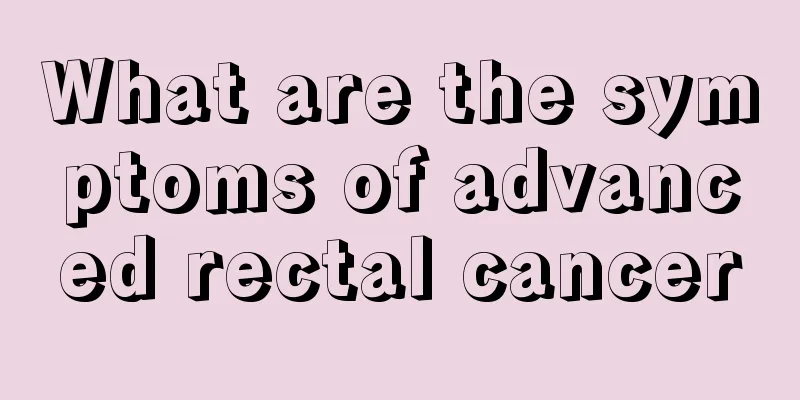Non-surgical treatment for kidney cancer

|
With the development of medicine, the treatment of renal cancer is no longer limited to nephrectomy. Non-surgical treatments such as immunotherapy, radiotherapy and chemotherapy can help eliminate cancer lesions and alleviate patients' pain. 1. Immunotherapy Through immune active cells, the effects of cellular and antibody immune responses are expanded to enhance the host's anti-cancer ability. Specific immunity currently used in clinical practice includes: ① Immune RNA, which can shrink the lesions of advanced renal cancer, with an effective rate of 22% and few adverse reactions; ② Interferon, which inhibits intracellular protein synthesis through its cytotoxic effect on tumors, thereby inhibiting the division of tumor cells. Interferon can enhance the activity of natural killer cells and is currently the most effective drug for the treatment of metastatic renal cancer; ③ Interleukin-2, which can promote and regulate the immune function of lymphocytes and improve their therapeutic effect on advanced renal cancer. 2. Chemotherapy Commonly used drugs for chemotherapy of renal cancer include: VLB, MMC, hydroxyurea, Eufodine, bleomycin, doxorubicin, 5-fluorouracil, cyclophosphamide and cisplatin, etc. The chemotherapy effect of renal cancer is relatively poor. 3. Radiation therapy Currently, it is only used as an auxiliary treatment method. It is suitable for the following situations: ① Before surgical treatment of patients with rapid tumor expansion in a short period of time and obvious toxic symptoms, radiotherapy can shrink the tumor, reduce intraoperative bleeding and cancer cell spread; after radiotherapy, local edema and tumor blood vessels are reduced, which is helpful for separation and surgical operation; ② For patients with stage II and III renal cancer or lesions that have spread to adjacent organs and incomplete tumor resection, postoperative radiotherapy can prevent recurrence; ③ For patients with advanced renal cancer that cannot be surgically removed, radiotherapy can reduce local pain, hematuria and relieve toxic symptoms. |
<<: Three clinical manifestations of posterior fossa brain cancer
>>: 6 characteristics of squamous cell carcinoma of the skin
Recommend
Analysis of the common early symptoms of melanoma
Among surgical diseases, the high incidence of me...
What to do if you have intestinal spasms? This treatment is effective!
Speaking of intestinal spasm, I believe everyone ...
Medicine to prevent mosquito bites
Summer is the season when mosquitoes reproduce th...
What's wrong with diarrhea without abdominal pain
Diarrhea, which is commonly known as loose stools...
What to add to hot pot oil to enhance flavor
Each region chooses different ways to eat hot pot...
What should I do if I catch a cold after transplantation
Now that in vitro fertilization technology has de...
How to effectively treat mild hypertension?
Don't think that mild hypertension is nothing...
My head suddenly hurts like a needle prick
Our head is the most important part of our body, ...
What's going on with vomiting blood
Vomiting blood from the mouth is a not uncommon s...
How long can you live without curing glioma
Once a disease like glioma occurs, it will have a...
What kind of bonsai is best to put at home
Basically, each of us has one or two potted plant...
Positive symptoms and signs of nasopharyngeal carcinoma
Positive symptoms and signs of nasopharyngeal car...
Vitamins needed by the human body
The human body needs many types of vitamins, such...
What is osteosarcoma
Everyone is familiar with osteosarcoma. It is a t...
Why does my teeth hurt when I drink hot water?
I believe that many people have experienced the s...









